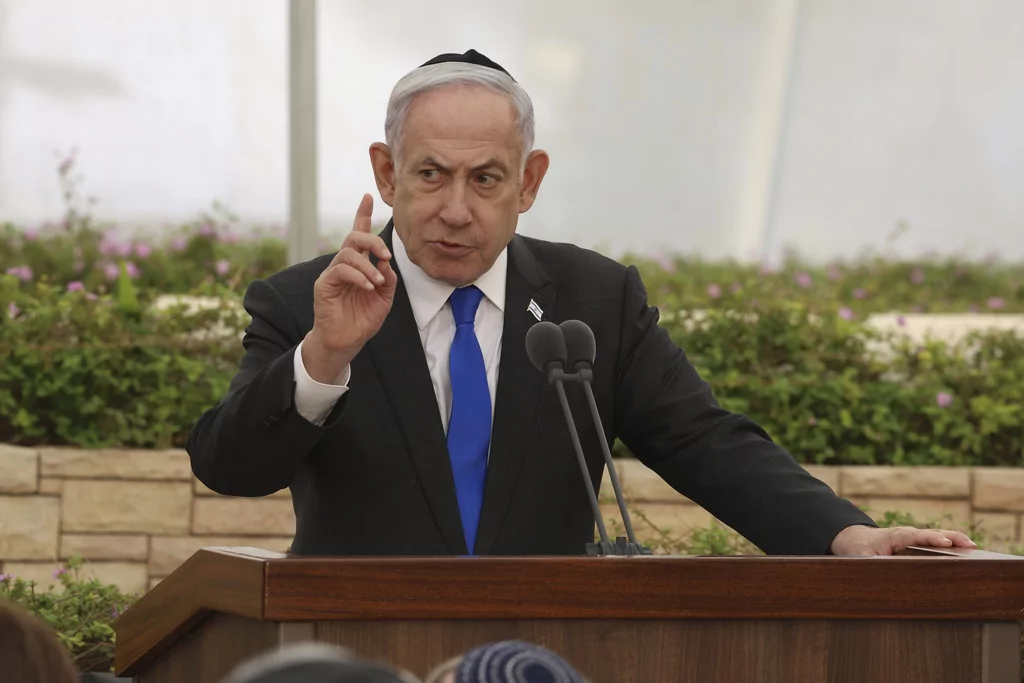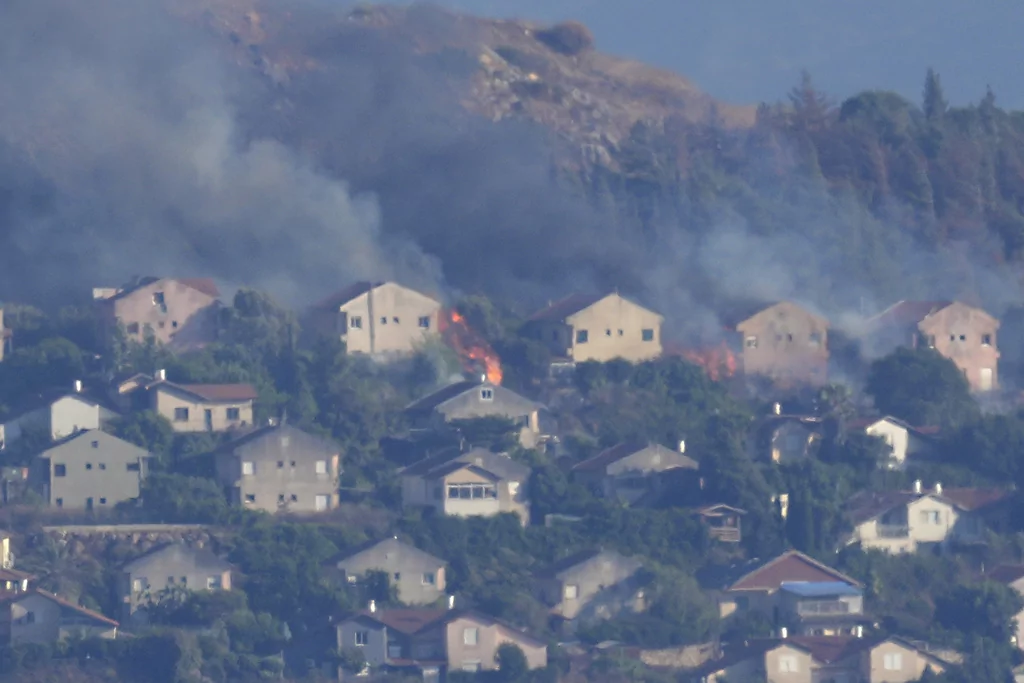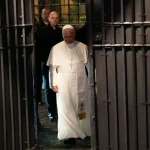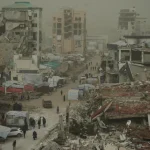
Israel’s “intense” phase of war with Hamas in Gaza is “about to end,” Israeli Prime Minister Benjamin Netanyahu said on Sunday, signaling that the Jewish state’s attention will likely turn to the country’s north amid threats from Hezbollah.
“The intense phase of the fighting against Hamas is about to end,” Netanyahu told local Channel 14. “It doesn’t mean that the war is about to end, but the war in its intense phase is about to end in Rafah. After the end of the intense phase, we will be able to redeploy some forces to the north, and we will do that. Primarily for defensive purposes but also to bring the (displaced) residents back home.”

Israel has been fighting in Gaza since the militant group’s assault on Oct. 7, where roughly 1,200 civilians and soldiers were killed. Netanyahu’s government has made clear its objectives to eradicate Hamas as well as rescue its hostages that Hamas captured during its attack last fall.
Hezbollah is an Iran-backed militant group operating in Lebanon that has feuded with Israel for decades. Ever since Hamas’s Oct. 7 attack, Hezbollah and Israel have exchanged missile attacks along their shared border.
Hezbollah attacked Israel as recently as Sunday, and Israel is believed to have retaliated with munitions later that night.

On Wednesday, the leader of Hezbollah, Sayyed Hassan Nasrallah, warned of a war “without rules or ceilings” in the event of a full-scale conflict with Israel.
“No place” in Israel would be safe in such conflict, Nasrallah said while speaking at a ceremony to commemorate slain senior commander Taleb Abdullah, who was killed last week in an Israeli airstrike.
The Israel Defense Forces said the same week that “operational plans for an offensive in Lebanon were approved and validated.” Israel spokesman Rear Adm. Daniel Hagari said Hezbollah’s “increasing aggressing is bringing us to the brink of what could be a wider escalation, one that could have devastating consequences for Lebanon and the entire region.”
CLICK HERE TO READ MORE FROM THE WASHINGTON EXAMINER
The Hamas-run Gazan Health Ministry has said more than 37,000 Palestinians have been killed since Oct. 7, with many people, including some U.S. Democrats, begging for a ceasefire. Israel has maintained that it is Hamas who has put Palestinians in danger, even by using civilians as “human shields,” according to Netanyahu.
The Oct. 7 attack and subsequent rise in antisemitism have also led to worldwide criticism and calls for an end to discrimination and hate. The conflict has become a polarizing topic across many countries, including the United States, with President Joe Biden facing scrutiny from opposite camps for allegedly not doing enough to support Israel, and, according to others, not doing enough to stand up for innocent Palestinian lives.







